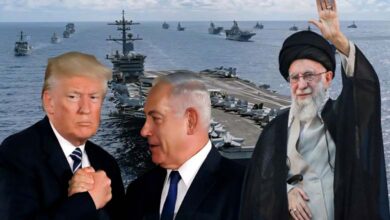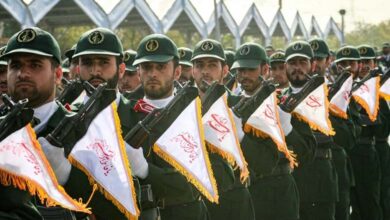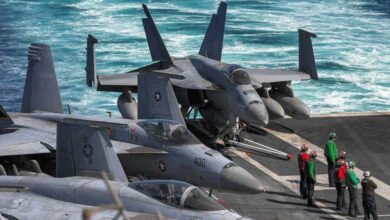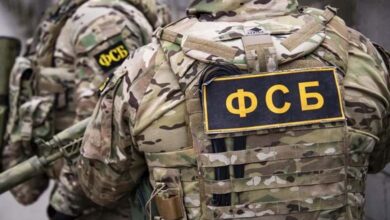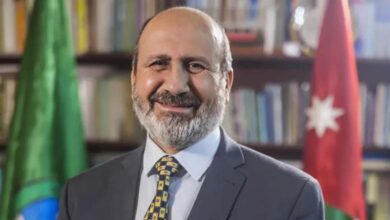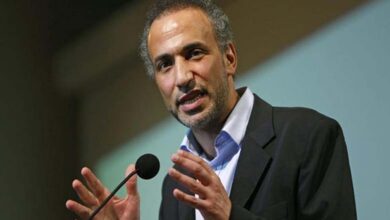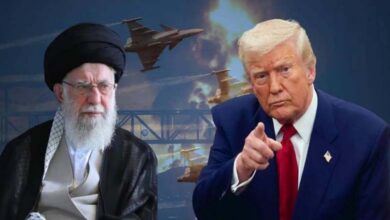Geopolitical disruptions divert global attention from terrorist groups.
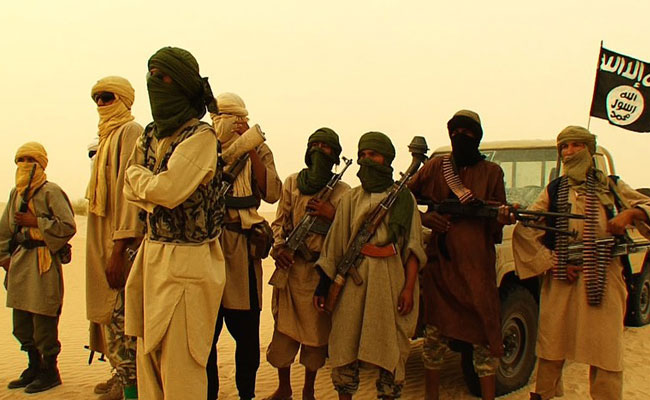
After major powers focused their efforts for two decades on combating jihadist groups, international tensions and the war in Ukraine have returned to the forefront, posing a challenge of finding a balance between these priorities.
The United Nations dedicated a week to reviewing counterterrorism strategy before the General Assembly adopted a document outlining the strategy’s priorities for the coming years. However, while there is consensus on combating groups affiliated with the Islamic State and Al-Qaeda, attention is shifting towards geopolitical conflicts.
According to Jerome Drevon, an analyst specializing in jihad and conflicts at the “Crisis Group” organization, the war in Ukraine “made major powers realize that countries are not prepared for large-scale logistical and military confrontations.”
He added, “There is a recalibration process that should have taken place. The focus on terrorism has gone further than necessary… The question now is whether this recalibration has gone further than necessary as well.”
He pointed out that Americans today “are no longer interested at all in the issue,” noting that in the coastal region, “the French withdrawal has not been replaced by other means.”
On the intelligence front, a member of French agencies highlighted that after counterterrorism dominated the efforts of the best agents for a long time, now “everyone wants to work on the Russia file.”
Since the September 11, 2001 attacks, the West has invested significant resources in counterterrorism without succeeding in preventing the spread of jihadist movements worldwide.
Colin Clarke, Director of Research at the Soufan Group, a private American institute for intelligence and security, explained that “the United States and its allies are currently shaping foreign policy based on the concept of competition between major powers.”
The transition was marked by the 20th anniversary of the September 11 attacks, where “we truly felt a fatigue towards the fight against terrorism,” affirming that “Ukraine was not the origin of this direction, but it accelerated it… We went from one extreme to the other.”
This shift is occurring as pro-Islamic State or Al-Qaeda affiliated groups strengthen their positions and increase their capabilities in different parts of the world, such as the Middle East, Afghanistan, Pakistan, and especially Africa.
A recently released report by United Nations experts indicates that terrorist groups enjoy greater freedom of movement under the Taliban regime in Kabul and are “taking advantage” of it, posing an increasing threat “both in Afghanistan and in the region.”
Africa has become a haven for jihadist groups that are active in Somalia, Libya, Egypt, the Democratic Republic of the Congo, Mozambique, and the Sahel, seeking to reach the Gulf of Guinea and expanding their network in the face of an ineffective international community.
Hans-Jakob Schindler, director of the “Extremism Combat Project” and former UN expert, believes there is a “complete underestimation of the danger in Africa.” He states that in West Africa, “we are talking about terrorist attacks occurring in greater numbers than anywhere else in the world, not far from what we faced at the peak of operations in Afghanistan twenty years ago,” adding that “but this is West Africa, and I don’t think it’s in the forefront or represents perhaps an interest.”
With the withdrawal of the French counterterrorism force Barkhane, the Russian mercenary group Wagner has deployed its elements in Mali, although Bamako denies it, indicating how counterterrorism is being utilized in the power struggle among major powers. Hans-Jakob Schindler points out that “Wagner is spreading in the region, which will, of course, worsen the situation.”
Twenty years after the September 11 attacks, the fight against terrorism appears to be at a standstill. What to do after spending billions and killing a significant number of jihadist leaders, only to be swiftly replaced by new ones? Faced with this question, the Crisis Group, working on conflict resolution, calls for a different approach.
Jérôme Drevon states, “If we haven’t been able to eliminate them in twenty years, we will have to find alternative solutions. We cannot resolve all conflicts with drones.”
He suggests that jihadist groups have extremist goals, but it may be possible to engage them in negotiations on certain issues related to limited power-sharing.
Meanwhile, groups are expanding their operations. Kabir Tanija, a senior researcher at the Observer Research Foundation in New Delhi, writes, “The cracks in the global order provide terrorist groups with ample room to regroup and reorganize,” from the Middle East to Afghanistan.
These terrorist groups take advantage of every crisis and dispute. The analyst believes that “terrorist and extremist groups that exploit political chaos may ultimately benefit from it in the years to come.”


